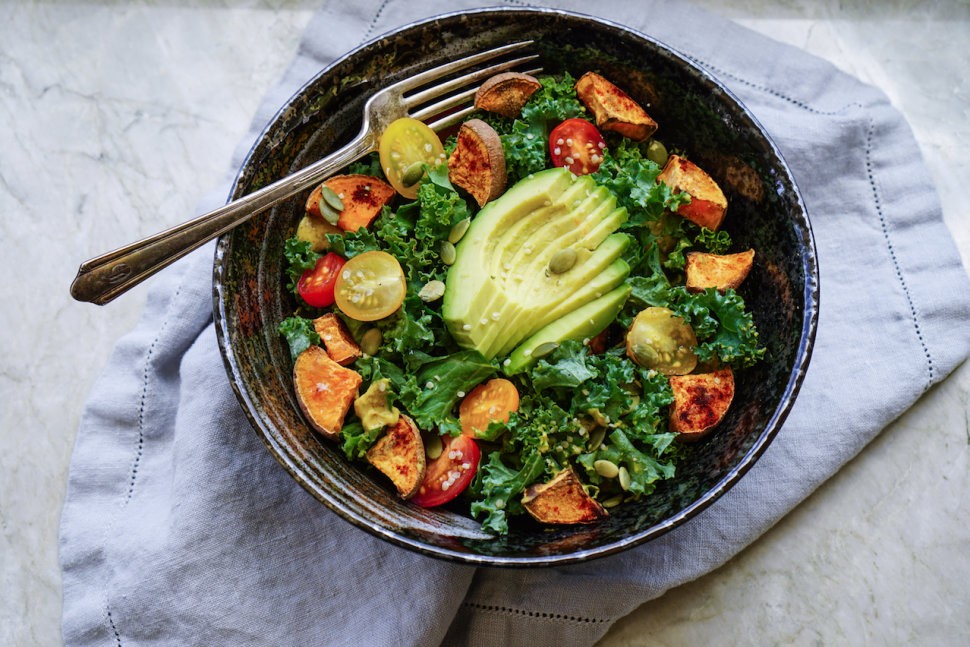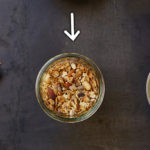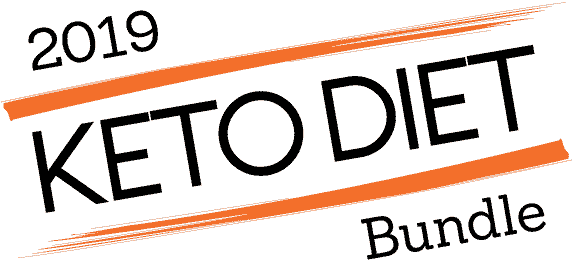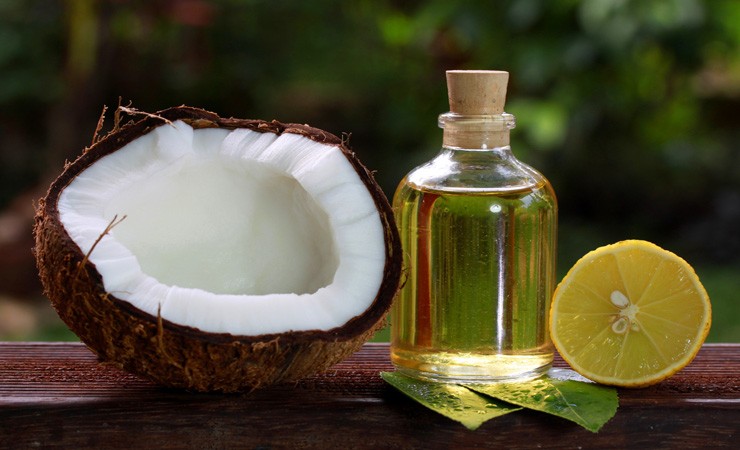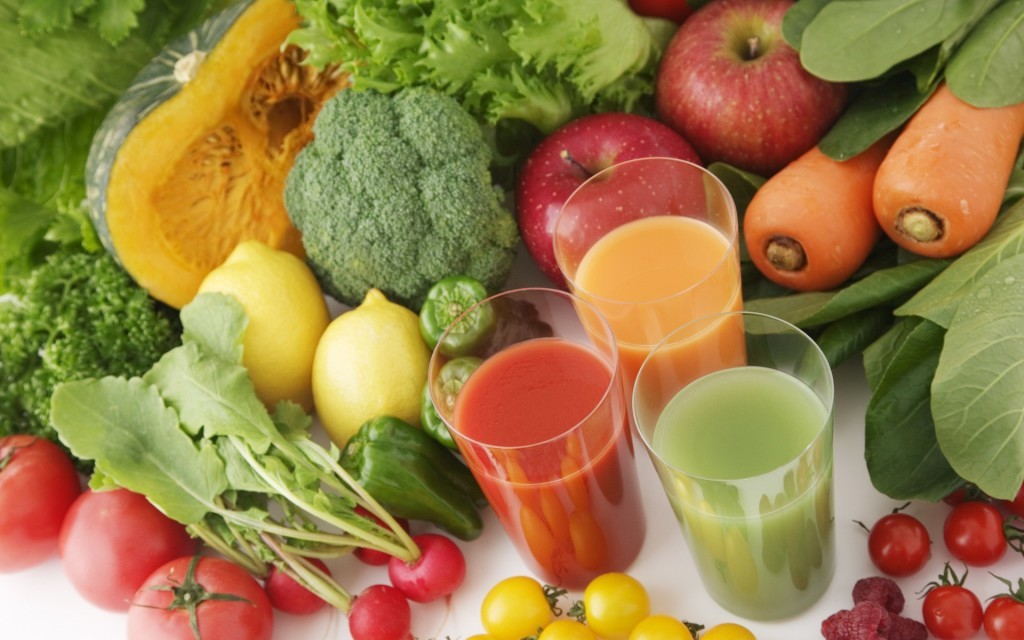7 Best Nutrients You Should Include In Your Meals For Stress Relief
Many things can be causing you to be stressed. Some of these sources of stress can be “macro stressors” like work, family, finances and time. But there are also “micro-stressors” or minor annoyances that happen habitually throughout the day like running late to work, missing the subway, dealing with a traffic jam or getting wet during a rainy morning commute. These little stressors add up too.

If you don’t deal with both types of stress, your body will suffer an enormous physical toll: your heart rate goes up, your blood pressure and breathing increase and hormones like epinephrine and cortisol are released. Over time, that can lead to high blood pressure, blocked arteries, depression, anxiety and even weight gain.
But while there will always be traffic jams, a big project due at work and a family that needs you, you can do several things to help manage the fight-or-flight stress response, including eating certain foods. Here are seven nutrients to include in your meals:
1. Folate
2. Magnesium
This mineral can help regulate your emotions and reduce fatigue, irritability and signs of depression. Sources of magnesium include seeds such as pumpkin seeds, sunflower seeds and flaxseeds, as well as legumes, quinoa and spinach.
3. Vitamin D
Also known as the “happiness vitamin,” sufficient vitamin D levels can boost happiness and mood. People with adequate levels of vitamin D also have a lower risk of panic disorders. Good food sources of vitamin D include fatty fish like salmon, mackerel and trout, as well as egg yolks and fortified milk and orange juice.
4. Omega-3 Fats
These healthy fats have anti-inflammatory properties that may counteract the negative effects of stress hormones. Fatty fish, walnuts and flaxseeds are all sources of omega-3 fats.
5. Probiotics
If you’ve ever experienced digestive side effects while stressed, you know that your brain signals to your gut. Probiotics can reduce activity in areas of the brain that handle stress. Get your daily dose of probiotics by eating yogurt with live and active cultures, kefir or fermented foods like sauerkraut and kimchi.
6. Antioxidants
These substances help to defend your body against stress. Antioxidants are found in most whole foods, including fruits, vegetables, whole grains, legumes, nuts and seeds. A few in particular have been linked to lower stress levels including blueberries and dark chocolate, which can trigger walls of blood vessels to relax and help lower your blood pressure and reduce the stress hormone response.
7. H20
Not drinking enough fluid puts stress on the body. If you are a few cups of liquid short of your needs, your cortisol levels can increase. Stay hydrated by keeping a water bottle with you at all times, and aim to drink three or four full bottles per day. Monitor your hydration levels by checking your urine color (it should be a light yellow color like lemonade). If it’s any darker, drink more.
Here’s how you can incorporate these nutrients in your meals. Try these anti-stress meals and snacks:
Meals:
- Greek yogurt with walnuts, flaxseeds and blueberries
- Egg and spinach omelet on a slice of whole-grain toast topped with kimchi
- Kefir smoothie with spinach, berries, flaxseeds, almonds and a tablespoon of cocoa powder
- Kale salad topped with canned salmon, avocado and pumpkin seeds
- Whole-grain bowl made with quinoa, black beans, broccoli and avocado
Snacks:
- Apple and 1/4 cup of pumpkin seeds
- Trail mix with 1/4 cup walnuts and almonds, 1/4 cup dried fruit and 2 tablespoons dark chocolate chips
- Roasted edamame and dried cherries
Original Article published by USNews

